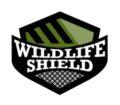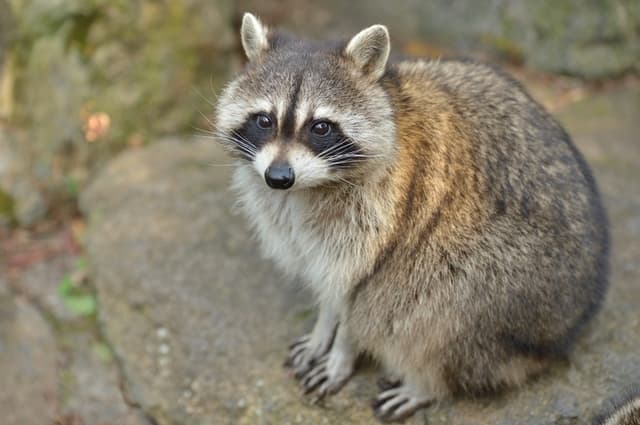In urban environments, raccoons can be very dirty. Think about it; what would you look like if you spent your nights crawling through garbage dumpsters, up and down alleyways and rooftops? Raccoons spend much of their time foraging for food through our waste, finding any leftover meat, fruit, or vegetables that may look tasty to them. Along the way, they tend to pick up a large amount of dirt, mud, and grease on their paws and fur. In fact, here at Raccooncontrol in Toronto if one of our technicians comes out to inspect your property for Raccoon entry points, some of the key things they will look for are dirt and grease marks around your property, perhaps leading to a hole in your roof or soffits. In addition to being unclean animals in the city, raccoons can also carry an abundance of bacteria and viruses. What does this all mean? That it’s NOT okay to pet a Raccoon!
Raccoons are well known for carrying Rabies, a deadly virus that can infect all mammals. Raccoons and other animals with Rabies can often be seen in broad daylight with white foam leaking from their mouths, sometimes walking in circles or walking through areas with high amounts of human traffic. Raccoon feces, especially when dry, can spread the eggs of Round Worm into the air, and if breathed in by humans or other animals, the parasite will spread. Roundworm can cause muscle weakness, fatigue, and blindness if not treated early. Leptospirosis is a bacteria that can be found also in the urine and feces of Raccoons, which can cause severe liver damage to humans and animals as well. Bites from Raccoons can also transmit a number of diseases to other animals, including humans. If you have Raccoons or Raccoon feces and urine in or around your property, make sure you avoid them! Raccoons are wild animals, and it is not okay to treat them like your pet!

